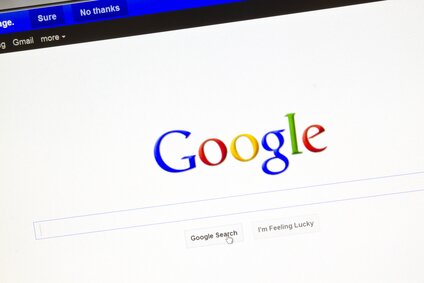5 Things Small Businesses Need To Know About Google Penguin

There has been a lot of talk in the SEO world lately about the release of Google Penguin. But what is it, and what does it mean for your small business?
Google Penguin is the latest development within the Google search algorithm to help them sort through and index the countless websites and pages that comprise the internet. The algorithms and filters help Google to rank pages accordingly based on quality and legitimate utility for web users. The higher the quality rating according to Google, the higher the page will appear in internet search queries using related keywords for the page.
Google Penguin is what Google calls an “over-optimization filter.” It has been implemented to find and lower the rankings of websites and pages that use what Google deems to be “excessive SEO techniques” in order to try and artificially inflate their page rankings. Google’s logic is that pages that are over-optimized tend to be less legitimate in terms of intent and quality, and are more geared toward trying to manipulate the Google algorithm in order to receive higher ranking and page placement.
Some examples of what Google would consider SEO over-optimization would be:
• An excessive and repetitive number of keywords on a page (often called “keyword stuffing.”)
• An excessive number of links exchanged on the page, and/or links of suspect quality.
• The page content seems secondary to keyword usage on the page.
• Overall excessive implementation of page components (compared to what is typical for most web pages.)
It could be argued that the net result of the use of Penguin will be a better experience for Google users, with pages that put content ahead of SEO tactics. However, there are many companies that have invested time and energy into both quality content and maximization of what seemed to be SEO until the implementation of Penguin.
Business website owners who fall into this category are left wondering what to do now to make sure their websites don’t start being penalized by Google going forward. can definitely help a small business to navigate these changes, but here are five things that business owners can do to avoid being penalization.
1. First and foremost — don’t over-use keywords. If your use of keywords on the screen seems “too perfect,” with verbatim use of a specific keyword or keyphrase multiple times and in ways that don’t make grammatical sense within the page, you will likely be flagged for keyword stuffing.
2. Provide genuinely useful and high-quality content. The bottom line is that if your writing is high-quality, your page will rank high in the searches. Having quality content on your site just makes good business sense!
3. Avoid link exchanges with other websites that may be over-optimized. Google had been monitoring this manually, but now Penguin scans for this automatically. Be sure to remove your links from their blog rolls as well. Mutual links can be valuable, but just make sure the content of the linked site is genuinely relevant to yours. The more natural the connection, the better.
4. Diversify your traffic sources. Don’t become too heavily reliant on any one source of web traffic to your site.
5. Focus on quality, not quantity. Quality content on your site’s pages will earn you social media sharing, “buzz” on the web, solid back links, and ultimately more web traffic. These days, smaller, more focused websites with fewer, high-quality pages seem to rank higher in Google.
Related posts:
- Google+ Brand Pages – Does Your Company Need One?
- Google Wave to Crash Ashore January 31, 2012
